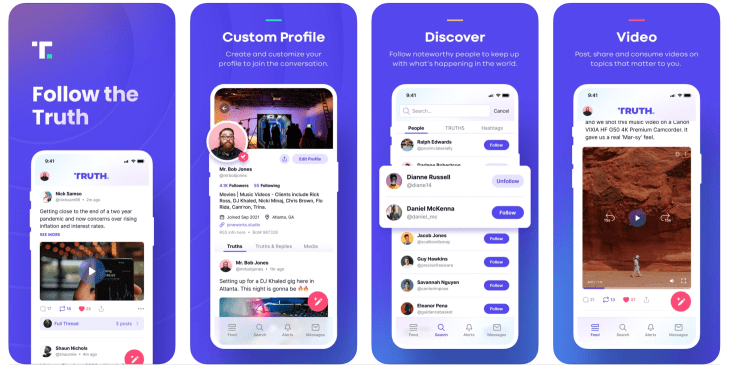Building a conservative internet is an expensive proposition | TechCrunch
2 min read

One of the more interesting projects in tech today is the work being done to create conservative-leaning alternatives to major pieces of internet technology. Much of this effort has centered around social networking, with projects like Parler and Gab and Gettr becoming well-known to folks who pay attention to new platforms.
But there are other, more ambitious efforts afoot. For example, there is a service built to replicate Stripe led by a conservative media personality. Former president Donald Trump is working to merge his own technology company — Trump Media & Technology Group — with a SPAC as well. And perhaps most prominently, Rumble is taking on YouTube and the larger cloud.
The Exchange explores startups, markets and money.
Read it every morning on TechCrunch+ or get The Exchange newsletter every Saturday.
How well these efforts will fare in the long-term is not clear. Most startups fail, and taking on the largest and richest tech companies directly is an ambitious proposition.
 Some notable individuals are involved. Well-known tech investor Peter Thiel backed Rumble, as did J.D. Vance, now a U.S. senator thanks in part to Thiel’s investment in his campaign. Rumble has parlayed its prominence in conservative circles to host Republican debates, exclusive content tailored to its audience. The YouTube alternative has also snapped up conservative influencers, providing a sort of refuge from Google’s own offering for those disenchanted with what Big Tech has on offer. (Rumble also offers sports-related content.)
Some notable individuals are involved. Well-known tech investor Peter Thiel backed Rumble, as did J.D. Vance, now a U.S. senator thanks in part to Thiel’s investment in his campaign. Rumble has parlayed its prominence in conservative circles to host Republican debates, exclusive content tailored to its audience. The YouTube alternative has also snapped up conservative influencers, providing a sort of refuge from Google’s own offering for those disenchanted with what Big Tech has on offer. (Rumble also offers sports-related content.)
Competition is good, and if some folks want to build tools and services that they think will resonate with an underserved audience, godspeed. But what we learned this week is that such efforts are often very expensive. New data from the Trump Media & Technology Group (TMTG) and Rumble make that abundantly clear.
This morning, let’s parse new data from TMTG and Rumble that will help us better understand how far-right-leaning social media services with long-term goals of building less restricted digital infrastructure are faring.
How much does that cost?
Rumble is a real company doing business as a publicly traded entity. TMTG is a bit more nascent. It’s SPAC presentation deck waxes about its potential, but when we see its latest results, it’s clear that the company is incredibly small.



